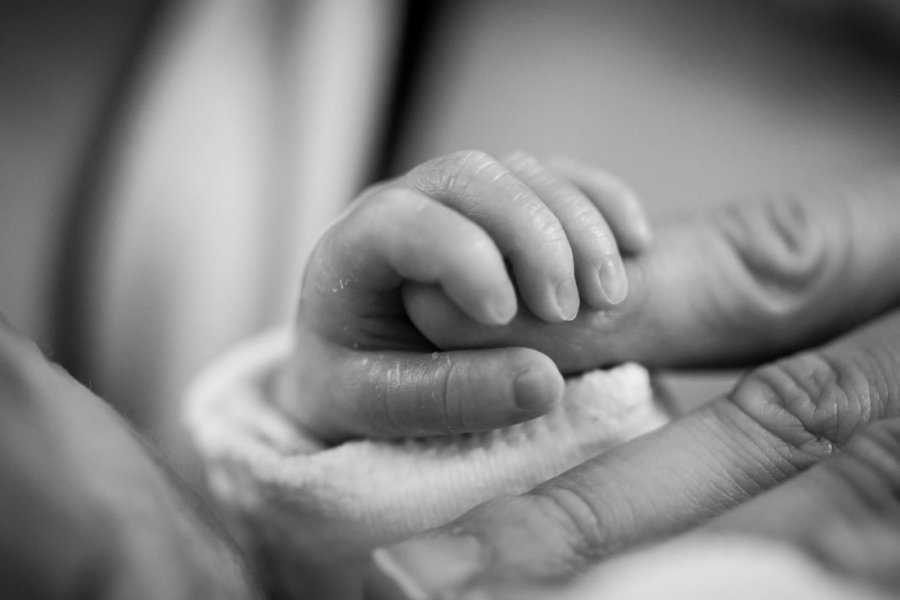Cystic fibrosis is one of the most common conditions caused by genetics. One baby out of every 3,500 live births will have cystic fibrosis. Cystic fibrosis affects the respiratory and digestive systems. Normally, the mucus that lines organs in the body is thin and slick with a consistency slightly thicker than water. Babies who are born with cystic fibrosis have mucus that is sticky and thick. If the mucus builds up, it makes breathing difficult. Additionally, the thick mucus can prevent nutrients from being absorbed properly, which may lead to poor growth.
Causes of Cystic Fibrosis
Cystic fibrosis is a genetic condition and must be inherited from a parent. A gene mutation causes cystic fibrosis. When it is passed on to a child, the baby will be born with the condition. There is no way to prevent cystic fibrosis from occurring in newborns.
Diagnosis of Cystic Fibrosis
In the United States, newborns are regularly screened for cystic fibrosis. A small amount of blood is taken from the newborn and examined for high levels of a chemical called immunoreactive trypsinogen (IRT). If IRT levels are higher than normal, a secondary test will be run in order to rule out other conditions that can also present with high IRT levels.
The second test is known as a “sweat test.” Newborns with cystic fibrosis have more salt in their sweat than normal. Medication will be administered to the baby that causes sweat to form. This sweat will then be tested for sodium levels. If sodium levels are high, cystic fibrosis is typically diagnosed. Additional tests, such as genetic tests, may also be performed to confirm the diagnosis.
Treatment of Cystic Fibrosis in Newborns
When diagnosed early, cystic fibrosis has a higher success rate of treatment. Prescription medications can help prevent infections from occurring, reduce lung damage and decrease inflammation. Physical therapy will help loosen the thick mucus and make it easier for babies to breathe. A special diet will help increase food absorption and help newborns with the condition grow and thrive.
Cystic fibrosis is a life-threatening condition that requires continual care. Though there is no way to prevent cystic fibrosis in newborns, medical advancements can help babies diagnosed with the condition live longer and healthier lives than ever before.

